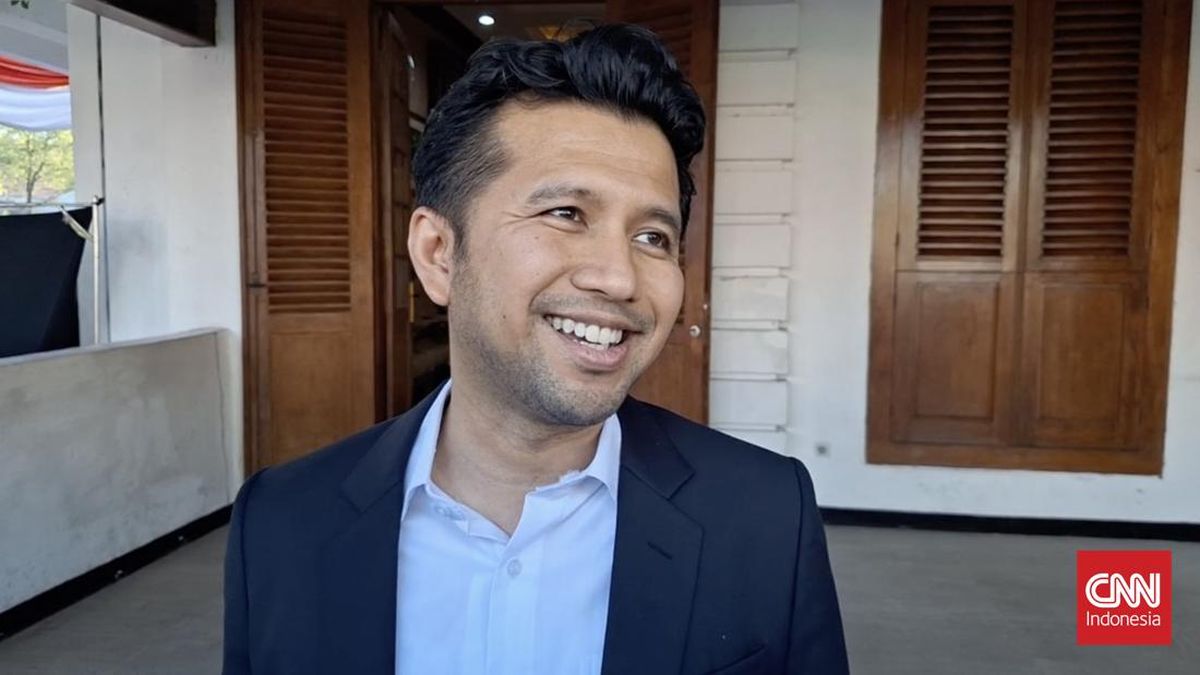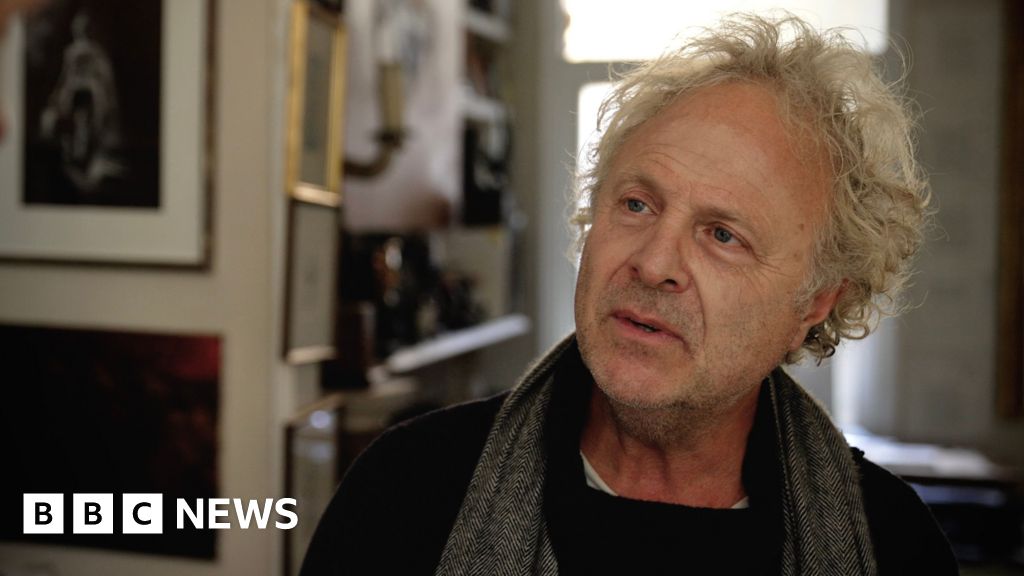
CHRISTIANITY
How Christians Can Succeed Today: Reclaiming the Genius of the Early Church
Greg Sheridan
Allen and Unwin, $34.99
The church in the West is in crisis and, not coincidentally, so are the societies it did so much to shape, suggests Greg Sheridan. Christianity’s retreat has come at a cost of a crisis of meaning and purpose, deaths of despair, loneliness, family breakdown, drug dependence, political polarisation, and the collapse of truth.
The early Christians lived in hostile, pagan societies, yet they were astonishingly successful, turning world history on its head. Christians today live in an increasingly hostile culture, Sheridan writes. Of course there is not a similar risk to life and limb of the early centuries, but there is increasing contempt for the faith and vigorous attempts to rein in what believers can say.
So Sheridan sets out to examine what today’s Christians can learn from the early church in two parts: early Christians then and now, the immense inspiration and insight they offer.

Madonna nursing the Child by Artemisia Gentileschi. Credit: Image : Dea/V Pirozzi/De Agostini/Getty
The first half examines the history and strategies by which Christianity triumphed from a tiny group of terrified disciples after Jesus’ crucifixion to become the world’s biggest faith, with some 2.5 billion adherents in 2025. The second part looks at some Christians today whom Sheridan thinks exemplify those virtues, from the acclaimed to the unheralded.
Part one is a sort of Dominion-lite (Dominion being Tom Holland’s vast and magisterial consideration of Christianity’s influence on Western civilisation). This is a significant achievement by Sheridan, ably and accessibly displaying the faith’s astoundingly counter-cultural and eventually influential views on women, children, slaves, power relationships, equality before God (and the law), and much more.
Jesus’ teaching on women, for example, was more radical than any other social doctrine Christians have proclaimed – and still is, he says. “It was a stunning rebuke of Roman ethics, customs, education and socialisation,” and the pagan world simply could not compete.
To the Romans, women were “failed males”, and infanticide was far more common with female children. Sexual restraint by a Roman male was a physical and moral weakness, and women, children and slaves were there for exploitation. The Christian idea that the bodies of these powerless people had ineradicable dignity, as with the richest man, was outrageous to the pagan world.
Part two describes Christians both renowned and “ordinary” who demonstrate the lessons Sheridan wants us to take from the faith’s first four centuries.
The great includes historian Niall Ferguson, his wife Ayaan Hirsi Ali, novelist Marilynne Robinson, popular psychologist Jordan Peterson (a more controversial choice), US Catholic bishop Robert Barron, and former US vice-president Mike Pence. Among the less famous are Sydney’s Leila and Danny Abdallah, who publicly forgave and visited in prison the drunk driver who killed three of their children. The driver, in turn, became a Christian.
Loading
Sheridan believes Christians today are living through “perhaps the greatest civilisation-wide general cultural upheaval since the end of the Roman Empire itself”. This leaves, in Lenin’s words, only one question: what is to be done? Sheridan replies that Christians can respond as individuals, as part of a Christian community, as citizens and as part of the global church. “This is not as difficult as it might sound.”
One of Australia’s leading journalists, Sheridan writes with all the strengths of his profession. A fine writer – incisive and accessible, boasting both vigour and clarity – if he has a weakness, it is for the bold declaration sometimes lacking nuance.
This book is deeply encouraging for Christians, and perhaps thought-provoking for secularists. Sheridan suggests that people are hungry for meaning, where atheism offers little, and quotes sociologist Jean Baudrillard: “The five things post-modernism lacks are depth, coherence, meaning, authenticity and originality.”
If today’s Christians can mirror the service and sacrifice of the early church, uncompromisingly but gently (moral, but not moralising), they can become persuasive once more.
Barney Zwartz is a senior fellow of the Centre for Public Christianity.
The Booklist is a weekly newsletter for book lovers from Jason Steger. Get it delivered every Friday.
Most Viewed in Culture
Loading


















































